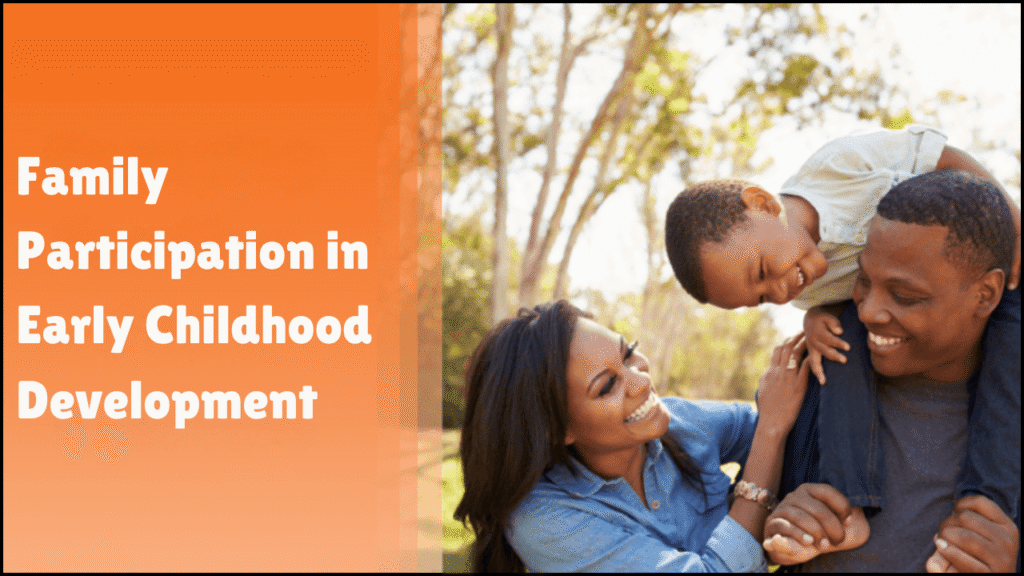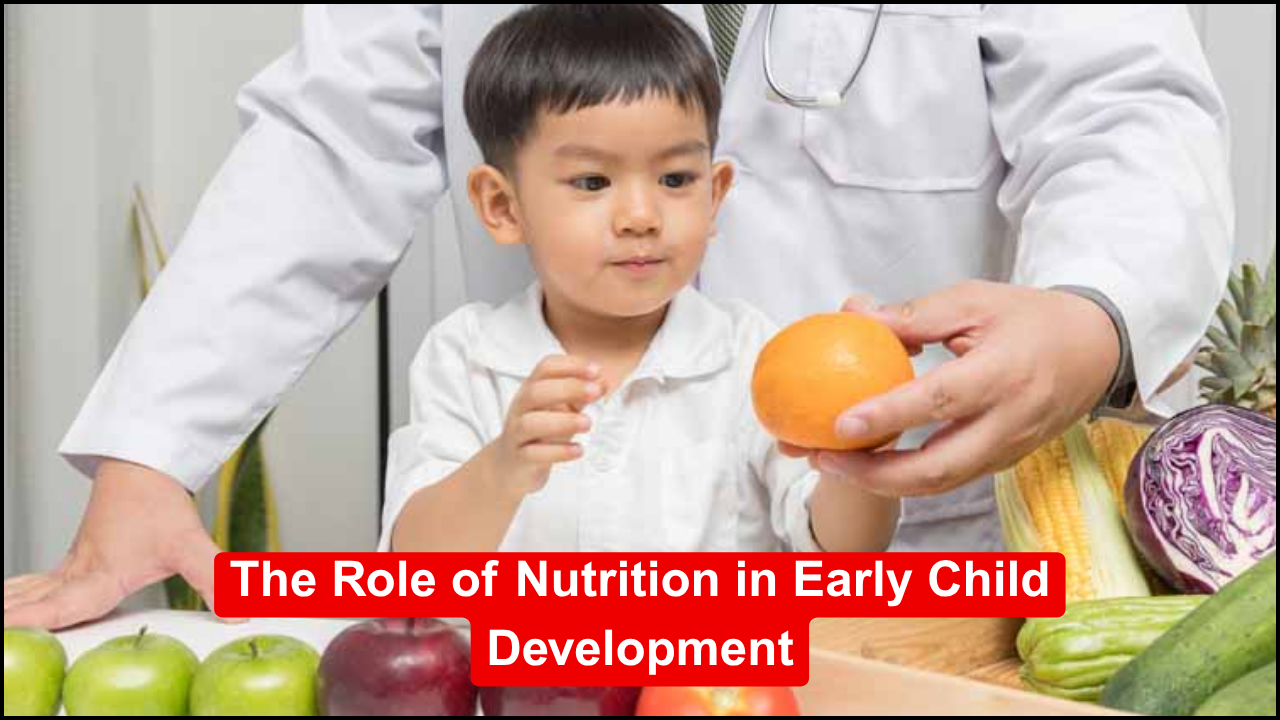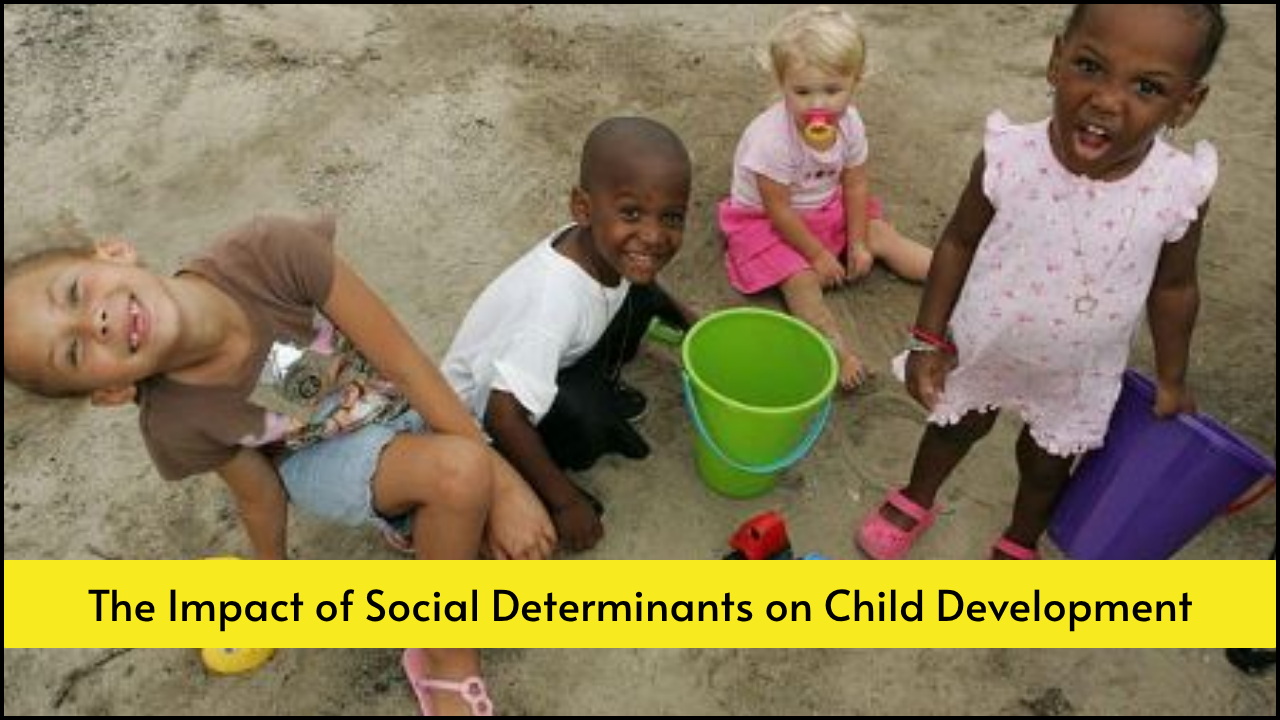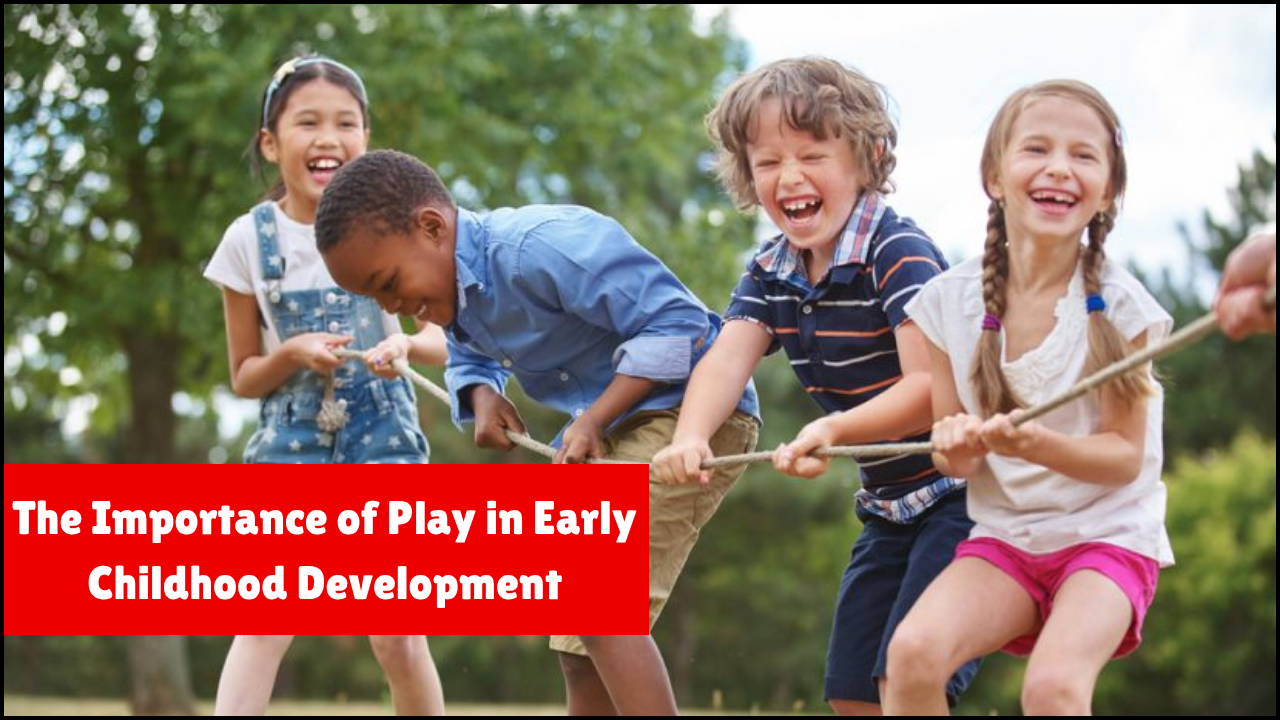
Family involvement stands as the cornerstone of a child’s early development. Early Steps, a program built around this belief, emphasizes the irreplaceable role that families—especially parents and caregivers—play in shaping the early learning journey. The most meaningful growth often occurs during simple, everyday routines, and Early Steps aims to guide families in making these moments rich with developmental opportunities. This article explores the core philosophy, structure, and value of family participation in early childhood programs like Early Steps.
Table of Contents
Importance of Family in Early Childhood Learning
- Primary Teachers: Parents and caregivers serve as the child’s first and most consistent educators.
- They understand their child’s needs, interests, and behavior better than anyone else.
- Their close bond with the child allows them to recognize and respond to developmental cues early.
- Emotional Anchor: The emotional support from family provides a secure base for learning.
- Children feel more confident and motivated when supported by their family.
- Encouragement from parents boosts self-esteem and willingness to try new skills.
- Influence on Milestones: Families witness and celebrate every milestone—small or large.
- This shared joy strengthens the parent-child relationship.
- Active engagement from parents makes achievements more meaningful.
Role of Early Steps in Family Support
- Partnership Model: Early Steps views families as equal partners in intervention.
- The program invites families to participate in every stage of planning and implementation.
- Collaboration ensures that each child’s unique needs are understood and addressed.
- Focus on Everyday Moments: Learning does not only occur in therapy sessions but in daily routines.
- Activities like mealtime, bath time, or playtime are rich learning opportunities.
- Providers teach families how to embed developmental strategies in these moments.
- Confidence Building: Support from Early Steps affirms a parent’s role and capabilities.
- Training and feedback empower caregivers to apply techniques independently.
- Families feel more confident in navigating challenges and celebrating progress.
Visuals and Activities that Strengthen Family Engagement
| Activity | How It Supports Development | Family’s Role |
|---|---|---|
| Holding baby’s hands while walking | Builds motor skills, confidence, and balance | Offers physical support and emotional encouragement |
| Playing on the floor with toddlers | Encourages communication, exploration, and bonding | Observes, interacts, and models appropriate behavior |
| Feeding during mealtime | Enhances fine motor skills, independence, and social connection | Supervises, assists, and creates a positive environment |
| Playing catch | Develops hand-eye coordination and turn-taking | Demonstrates, cheers, and engages consistently |
Individualized Family Support Plan (IFSP)
- Customized Goals: Every child receives a plan tailored to their strengths and areas of need.
- Families help shape the goals based on their daily experiences with the child.
- Goals are functional and relevant to the child’s environment.
- Ongoing Assessment: Regular evaluations ensure progress is monitored and adjustments made.
- Parents contribute insights and feedback during reviews.
- The plan evolves as the child grows and their needs shift.
| Component | Description | Family’s Role |
|---|---|---|
| Child’s Current Abilities | Baseline description of what the child can do | Shares observations with the team |
| Family Priorities | Goals and outcomes are important to the family | Identifies focus areas |
| Intervention Strategies | Techniques and routines incorporated into daily life | Applies strategies with provider guidance |
| Evaluation and Review | Scheduled checkpoints to assess success and redefine targets | Participates in discussions and adjustments |
Interdisciplinary Support and Family Integration
- Team Approach: A multidisciplinary team includes professionals like speech therapists, physical therapists, and early educators.
- Each professional brings expertise to address the child’s holistic development.
- Families serve as the constant across all services, ensuring continuity.
- Training and Demonstration: Families are not passive observers—they are trained participants.
- Providers demonstrate activities and allow caregivers to practice.
- Immediate feedback helps refine techniques and build skill.
Emotional and Developmental Outcomes
- Stronger Bonds: Shared experiences in learning foster deeper emotional ties.
- Positive parent-child interactions create a nurturing atmosphere.
- The child associates learning with affection and encouragement.
- Increased Resilience: Children supported by active families demonstrate stronger coping abilities.
- Parental support helps navigate frustrations and setbacks.
- Successes are more fulfilling when shared with loved ones.
- Lifelong Impact: Early involvement shapes future learning and social behaviors.
- Children feel more secure entering formal education.
- Strong early foundations often lead to better academic and emotional outcomes later.
Key Benefits of Family Participation in Early Steps
| Benefit | Description |
|---|---|
| Enhanced Learning Opportunities | Everyday interactions become platforms for teaching and practicing new skills |
| Personalized Development Goals | Plans are grounded in the child’s real-life context and family values |
| Stronger Parent-Child Connection | Active participation builds trust, joy, and emotional intimacy |
| Better Program Outcomes | Families who engage consistently often report faster developmental progress |
| Empowered Caregivers | Training and involvement foster confidence and skill in supporting development |
Why Family Participation Cannot Be Overlooked
- Irreplaceable Presence: No professional can replace the constant, loving presence of a parent.
- Children thrive in environments where they feel safe and valued.
- The emotional availability of caregivers is foundational for healthy development.
- Everyday Expertise: Parents bring detailed knowledge about the child’s moods, preferences, and patterns.
- This insight allows the Early Steps team to refine strategies effectively.
- Shared Journey: The developmental journey belongs to both the child and the family.
- Challenges are faced together, and victories are celebrated as a team.
Key Takeaways
Family participation stands at the heart of effective early childhood development. Early Steps recognizes that the true potential of any intervention lies not just in expert strategies but in the loving, attentive, and engaged presence of caregivers. By turning everyday moments into powerful learning experiences, families and professionals together guide each child toward greater independence and confidence. This partnership ensures that every milestone, however small, becomes a celebrated step forward.





